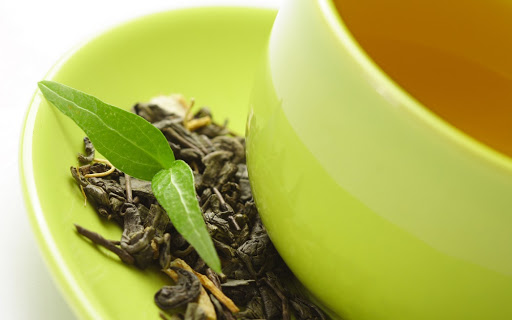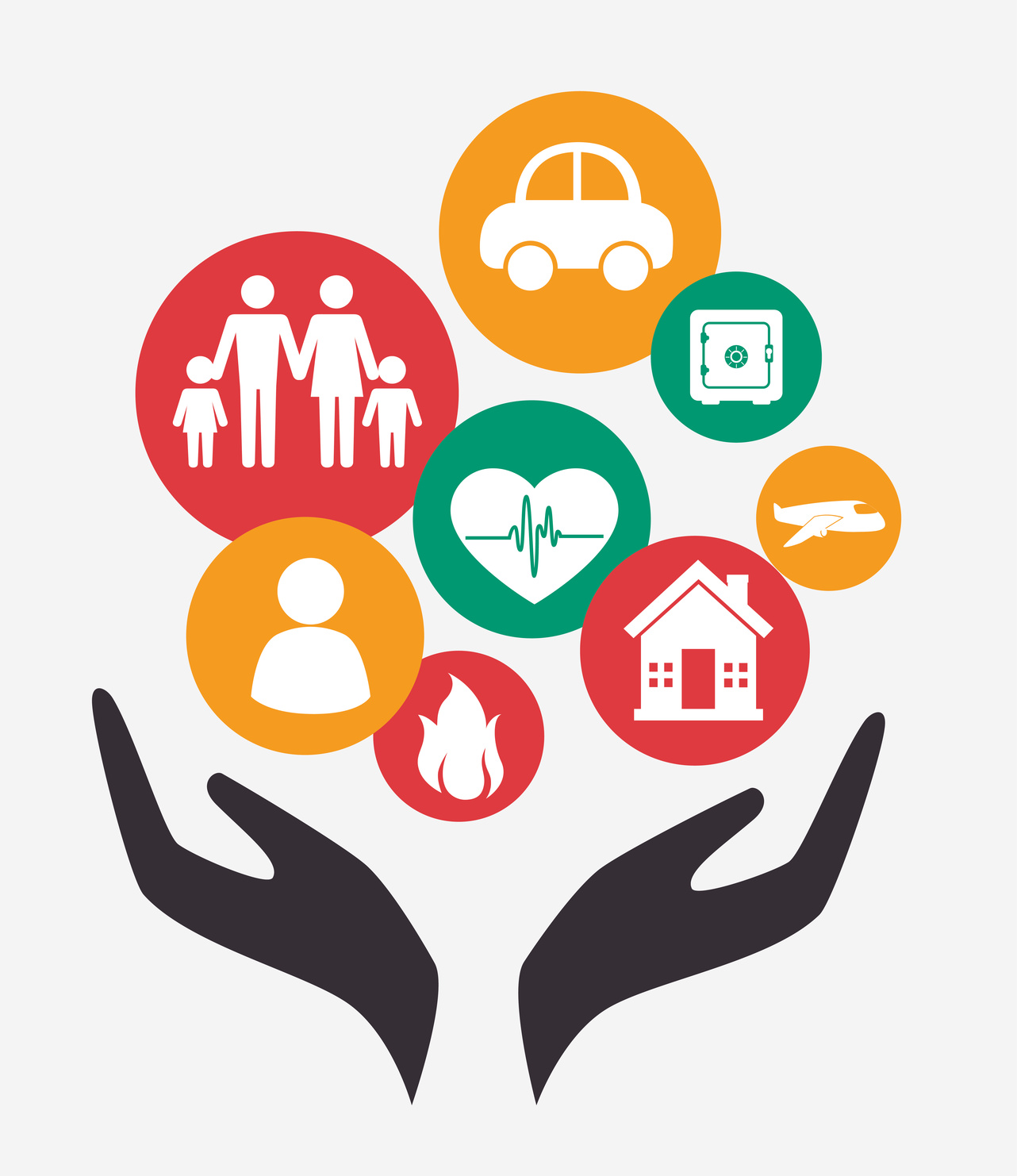Chinese scientists analyzed the results of 16 studies on the effects of various plant-based ingredients on cancer development and found a linear relationship between green tea consumption and breast cancer: women who had been regularly for several years consuming a lot of green tea had a lower risk of breast cancer compared to those who had consumed little green tea or had not drink it at all.
In search of an answer to the question of what makes green tea so useful, the authors analyzed the herbal ingredients contained in it. The researchers came to the conclusion that the role of the main anticancer agent was played by the phytochemical epigallocatechin-3-gallate (ECGC), an organic substance from the group of polyphenols, which, in addition to antioxidant properties, had a high protective function against cells; it blocked the enzyme necessary for cancer cells to grow stopping the tumor growth.
However, the authors caution against considering green tea as a panacea or an alternative to the usual treatment for neoplastic diseases. The experts do not fully know whether the preventive effect of green tea applies to all types of breast cancer, or only to some of them. However, they know that green tea does not have a noticeable effect on prostate, bladder or stomach cancer; such patterns have not been found during the study.
It must be understood that most of the studies that the authors relied on were conducted in Asia, where up to ten cups of green tea per day are considered the norm of consumption. It is no coincidence that China has one of the lowest incidence rates of breast cancer in the world.
The authors admit that the healing properties of green tea for Asians are explained not only by large doses of consumption, but also by a combination with traditional Asian food. Therefore, the study results cannot be automatically transferred to Europeans or Americans.
Despite the fact that green tea has a good effect on the intestinal microflora and helps with weight loss, it should be remembered that the drink also contains high concentrations of caffeine, so drinking it in excessive amounts is unsafe in the presence of certain diseases, scientists warn.
Source: https://ria.ru/20200217/1564870886.html
Photos are from open sources.





